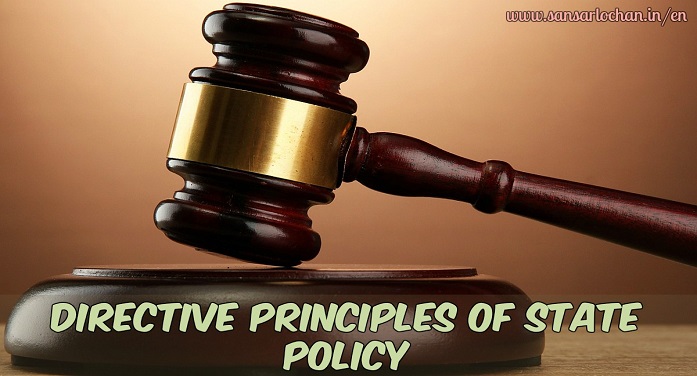The Indian Constitution follows the modern practice in laying down certain fundamental rights for the benefit of the citizens. This is a subject in which every citizen is interested and therefore the framers have adopted these rights for the achievement for which other countries have struggled for centuries together, while in India we have got them almost overnight. Part III deals with fundamental rights which is the most important and the vital part of the Constitution. In this article, we will discuss the background and list of Fundamental Rights.
Background of Fundamental Rights
A request for granting fundamental rights was made before the Simon Commission in 1928, but this request was turned down. In 1926-27 a similar demand was made by the Indian National Congress, but was navigated. In 1933-34 before the Joint Parliamentary Committee, many members wanted a declaration of rights, assurance to minority communities and the equality before Law. Even before India was partitioned, the Cabinet Mission in 1935 had accepted the principle of safeguarding the Constitution of 1935. The reason behind that there was the problem of the minorities. On the other hand, communal problem was also very acute. Hence there was a very urgent need of having fundamental rights. Before the Constitution was drawn up India had become independent and the result was that fundamental rights were embodied in the Constitution.
List of Fundamental Rights
The fundamental rights as laid down in our Constitution can be grouped under seven convenient heads as under:-
- Right to Equity : (Arts. 14-18)
- Right to Freedom : (Arts. 19-22, & 358)
- Right against Exploitation : (Arts. 23-24)
- Rights to Freedom of Religion : (Arts. 25-28)
- Cultural and Educational Rights : (Arts. 29-30)
- Right to Property : (Art 31)
- Right to Constitutional Remedies : (Arts 32-33 & 359)
Rights to Equity
The Indian Constitution uses the expression right to Equality in two senses, viz., “equality before law” and “equal opportunity” (Arts 15, 16). The framers of our Constitution devoted one full year in studying the Constitutions of other countries in order to incorporate everything that was good into our Constitution so as to to make it comprehensive and better. Article 14 provides, “the state shall not deny to any person equality before the law or the equal protection of the laws within the territory of India.” The phrase “equality before law” is an expression from the English Common law while the expression “equal protection of the laws” is an expression from the Constitution of the Unites States.
Rights to Freedom
Article 19 conditions the usual liberties of citizens. The list is quite comprehensive. These rights, which are enjoyed by all citizens are not absolute. They are properly qualified and limited. They are with reference to the rights of others. For example, my right to move anywhere does not enable me to enter any premise I like. The restrictions imposed by the legislature are for public good. Rights are declared in unqualified terms but later on they are properly qualified.
Right against Exploitation
Traffic in human beings, and forced labour and the employment of children in a factory, mine, etc. are punishable offences.
Right to Freedom of Religion
One of the salient features of the Indian Constitution is that it establishes a secular state. It is difficult to say what is exactly meant by this clause. As a matter of fact, every Constitution guarantees freedom of religion but our constitution has taken a further step in allowing everyone to preach and practice, propagate any religion. Except when it is in the interest of public order, morality, health or other conditions, every person is entitled to freedom of conscience, and the right to profess, practice and propagate any religion freely.
Cultural and Educational Rights
The Constitution provides that every community has full freedom to run its own institution to preserve its own language and culture.
Right to Property
The State shall not expropriate property and it shall pay compensation in the event of compulsory acquisition for public purposes. No person shall be deprived of his property, movable or immovable, except by the authority of law.
Right to Constitutional Remedies
Article 32 is a unique article. Read with Art. 13, it provides for constitutional liberties. A person whose liberty is threatened can approach the Supreme Court whose five judges are vigilant to see that no citizen who knocks at their doors goes back without getting back his freedom. Thus to move Supreme Court becomes it itself a fundamental right, that is, Article 32 is a fundamental right, that is, Article 32 is a fundamental right under which we have a right to move the Supreme Court which thus becomes a fundamental right of citizens and to propose remedies like writes of habeas corpus, mandamus, certiorari. Under article 226, the first right is to approach the High Court, but that petition is rejected, the aggrieved person can go to Delhi to seek justice.
Read also about >> Directive Principles of State Policy
